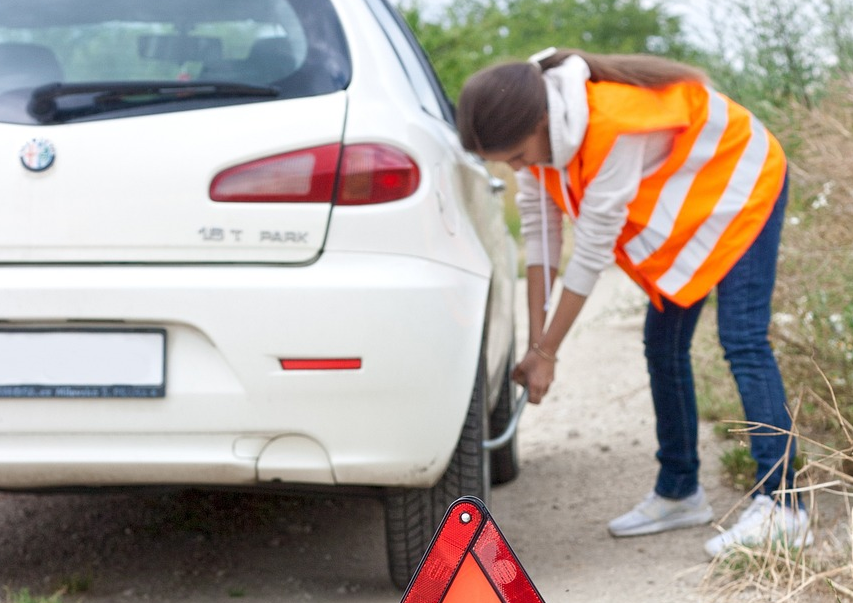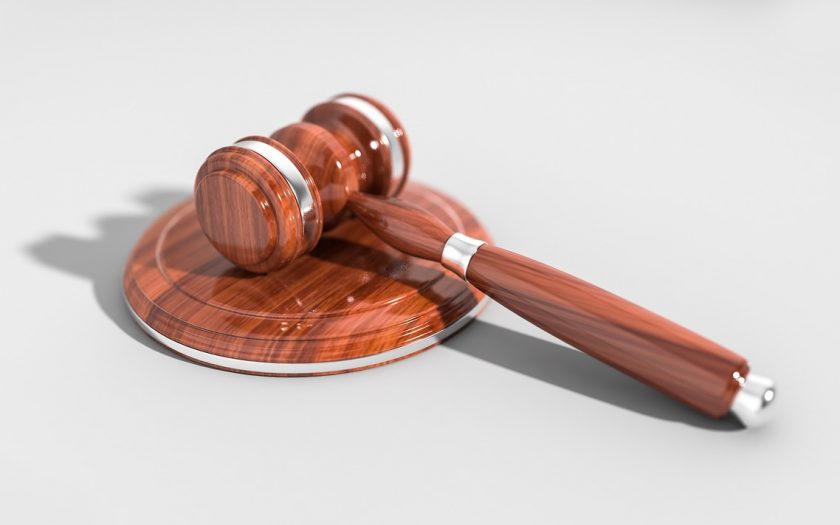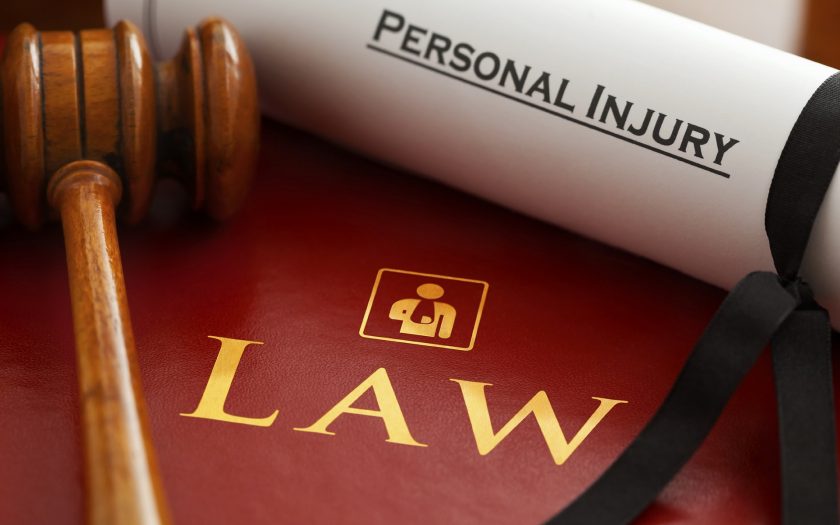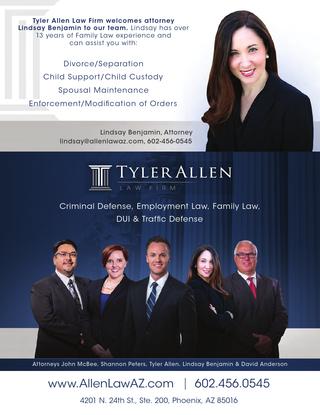Top Tips for Maximizing Your Personal Injury Claim
Accidents can happen when you least expect them. Whether it’s a slip and fall, a car accident, or another unfortunate event, the aftermath can be overwhelming. Navigating a personal injury claim may feel daunting, but understanding how to maximize your compensation is crucial. The right steps taken early on can significantly impact the outcome of your case. Here are some top tips that will help guide you through this challenging process and ensure that you get what you deserve.
Consult With a Personal Injury Attorney
Consulting with a personal injury attorney is one of the smartest moves you can make after an accident. Experienced Texas Injury Law Firm understands the intricacies of personal injury law and can provide invaluable guidance tailored to your situation. During your initial consultation, they’ll evaluate the details of your case. This includes assessing medical records, witness statements, and any other relevant information. Their expertise will help determine if you have a valid claim. An attorney also knows how to negotiate effectively with insurance companies. They are skilled in advocating for clients and ensuring that all damages—medical expenses, lost wages, emotional distress—are taken into account.
Seek Immediate Medical Attention
After an accident, your health should be the priority. Seeking immediate medical attention is crucial. Even if injuries seem minor at first glance, some may not manifest symptoms right away. A medical professional can assess your condition thoroughly. They will document any injuries you have sustained, which becomes vital evidence for your claim later on. This documentation serves as a record of how the incident affected your well-being. Moreover, quick treatment can prevent complications that might arise from untreated injuries. The sooner you address potential issues, the better chances you have for recovery.
Document Everything

Documenting everything related to your personal injury case is crucial. Start by keeping a detailed record of all medical visits, treatments, and expenses. Each receipt or bill adds weight to your claim. Take notes after every conversation with healthcare professionals or insurance representatives. This helps maintain clarity about what was discussed and agreed upon. Photographs can be invaluable as well. Capture images of injuries, property damage, and the accident scene from various angles. Visual evidence often tells a compelling story that words alone cannot convey.
Gather Evidence From the Scene
Gathering evidence from the scene of an accident is crucial for building a strong personal injury claim. Start by taking photos. Capture the overall setting, any vehicles involved, and specific details that could be relevant. Don’t forget to document any visible injuries you or others may have sustained. These images can serve as powerful proof later on. If there were witnesses, gather their contact information promptly. Their testimonies might provide additional perspectives that support your case.
Avoid Discussing the Case Publicly
When you’re involved in a personal injury claim, discretion becomes your best ally. Discussing the specifics of your case publicly can have unintended consequences. Social media platforms are particularly risky. Even casual posts might be scrutinized by insurance adjusters or opposing parties. A seemingly innocent comment could be twisted and used against you later on. It’s also wise to refrain from discussing details with friends or acquaintances who may inadvertently share information with others. The less that is said outside legal circles, the better for your claim.
Navigating a personal injury claim can be overwhelming. However, by following these tips, you can enhance your chances of getting the compensation you deserve. Consulting with a knowledgeable attorney will provide guidance tailored to your unique situation. Immediate medical attention ensures not only your health but also creates essential records for your case. Each step matters, so take the time to do it right. By being proactive and informed, you’ll be better equipped to advocate for yourself and secure the outcome you need during this challenging time.






 Athletes, like any other worker, are subject to labor law. This means they have certain rights and protections as employees of a team or organization. For instance, athletes should be aware of wage-and-hour laws, collective bargaining agreements, contract disputes, and anti-discrimination laws when it comes to employment. In the United States, the National Labor Relations Board is the agency in charge of protecting employee rights.
Athletes, like any other worker, are subject to labor law. This means they have certain rights and protections as employees of a team or organization. For instance, athletes should be aware of wage-and-hour laws, collective bargaining agreements, contract disputes, and anti-discrimination laws when it comes to employment. In the United States, the National Labor Relations Board is the agency in charge of protecting employee rights. Of course, we can’t end the list without mentioning the most common issue of all — contract issues. Every athlete must understand the laws and regulations surrounding contracts, including those related to employment contracts, endorsement agreements, and even television broadcast schedules. It’s a must for athletes to review all contracts carefully before signing anything and make sure that they understand their rights and obligations under the contract.
Of course, we can’t end the list without mentioning the most common issue of all — contract issues. Every athlete must understand the laws and regulations surrounding contracts, including those related to employment contracts, endorsement agreements, and even television broadcast schedules. It’s a must for athletes to review all contracts carefully before signing anything and make sure that they understand their rights and obligations under the contract.


